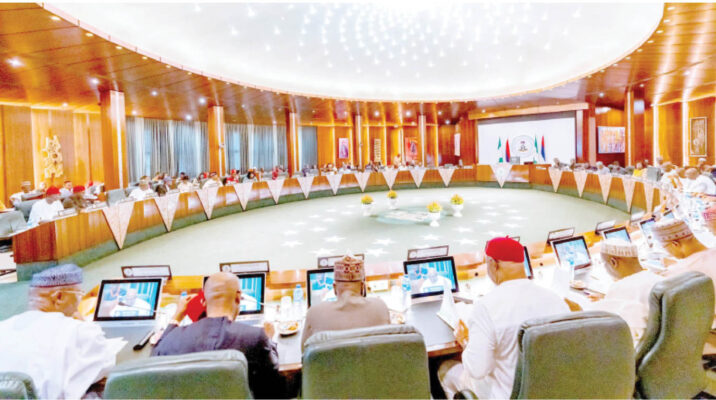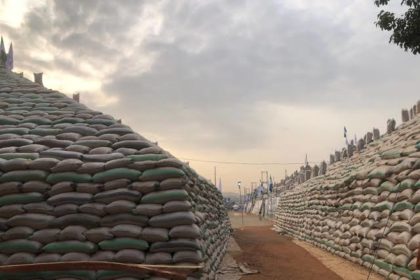The National Economic Council (NEC) has issued a firm ultimatum to the governments of Kwara, Sokoto, Adamawa, Kebbi, and the Federal Capital Territory (FCT), giving them six days to submit their reports on the proposed establishment of state police. This directive follows months of deliberation on enhancing security measures across the country.
During the NEC meeting held at the Presidential Villa on Wednesday, Vice President Kashim Shettima, who presided over the session, emphasized the urgency of the matter. The council’s decision comes amid rising insecurity across Nigeria, prompting the government to accelerate discussions on decentralizing the policing system to address region-specific security concerns more effectively.
Failure to Comply Will Have Consequences
NEC issued a clear warning that failure to meet the deadline will result in the affected states being excluded from further deliberations and bound by whatever decisions the council arrives at in their absence. This tough stance underscores the federal government’s resolve to expedite the creation of state police, which has long been touted as a solution to Nigeria’s security challenges.
The deadline, set for Monday, September 9, leaves the five affected states with limited time to finalize and submit their reports. According to NEC, the decisions made at the council meeting will have far-reaching implications, and the failure of these states to participate actively in the process could leave them at a significant disadvantage when it comes to implementing security reforms.
State Police: A Key Pillar of Nigeria’s Security Future
The push for state police has been on the agenda for several years, with many state governors advocating for a more localized approach to policing. In February, President Bola Tinubu reiterated the importance of establishing state police in a bid to address the growing insecurity across the country. His call followed recommendations from governors, security experts, and civil society groups who argue that state police will allow for more efficient and targeted law enforcement at the grassroots level.
During the meeting, Oyo State acting Governor, Bayo Lawal, provided an update on the progress made so far. While many states have complied with the NEC’s request for reports on the establishment of state police, Lawal noted that Kwara, Sokoto, Kebbi, Adamawa, and the FCT have yet to submit their contributions.
Lawal reiterated that the deadline is non-negotiable. “The affected states must submit their reports by September 9 or risk being bound by the council’s decisions without their input,” he warned.
Addressing Security Challenges Nationwide
The establishment of state police has been a highly debated issue, with proponents arguing that it would significantly improve security in the face of Nigeria’s complex security challenges. Over the years, regions such as the Northeast, North central, South-West, South-East, and South-South have witnessed varying degrees of insecurity, including terrorism, banditry, kidnapping, and communal clashes. Many believe that a decentralized police force would allow states to address these unique security threats more effectively.
State police would provide governors with the autonomy to control security forces within their regions, allowing them to respond more swiftly to emergencies and tailor law enforcement strategies to their state’s specific needs. However, critics have expressed concerns about the potential for abuse of power by state governments, citing the possibility of politicizing law enforcement.
Despite these concerns, the momentum behind state police has been steadily growing. The recent NEC meeting highlighted the government’s commitment to moving forward with this reform, and the council’s ultimatum to the remaining states indicates that the process is entering a critical phase.
The Road Ahead
As the September 9 deadline approaches, all eyes will be on Kwara, Sokoto, Adamawa, Kebbi, and the FCT to see if they will meet the NEC’s requirements. With the clock ticking, these states are under pressure to align with the federal government’s security reform agenda.
Failure to comply could have significant implications not only for the states’ involvement in future security decisions but also for their ability to effectively combat insecurity within their borders. As Nigeria continues to grapple with its evolving security landscape, the establishment of state police could mark a turning point in the nation’s efforts to restore peace and stability.




